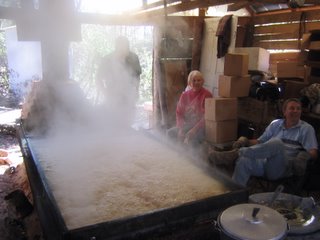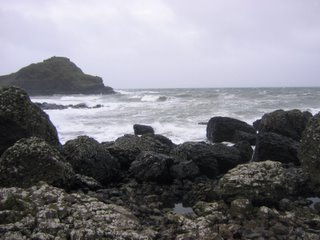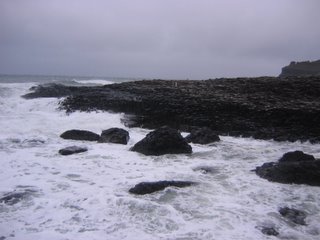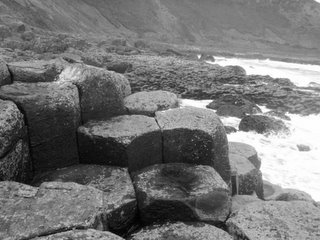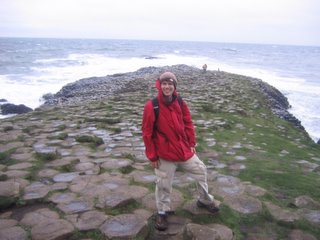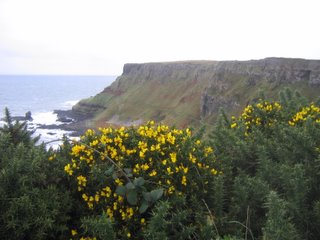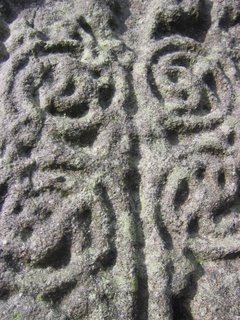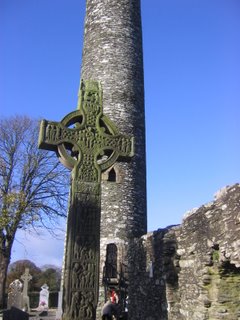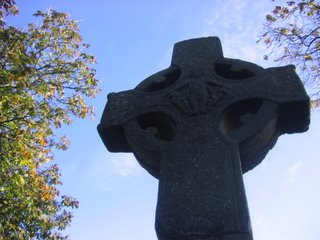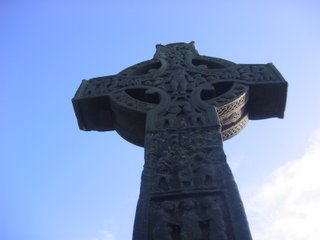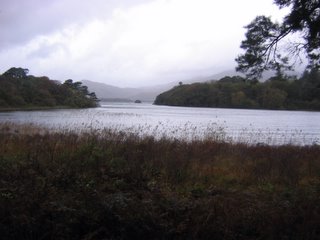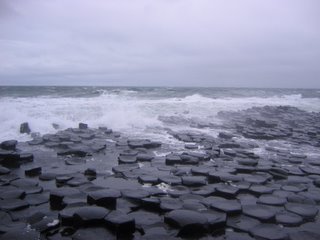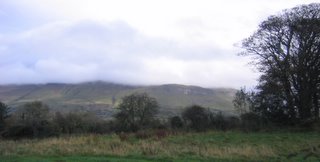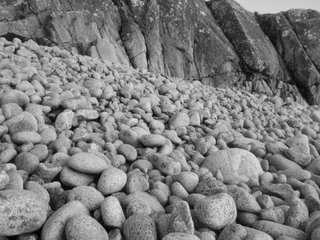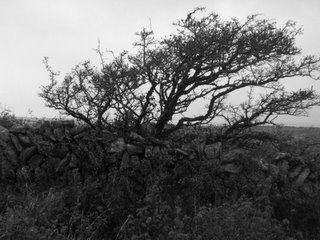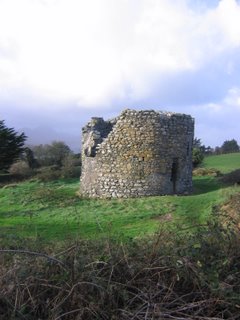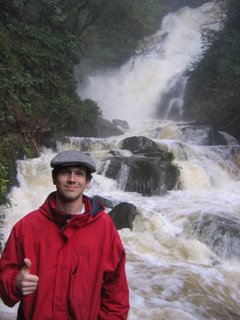Cane Mill
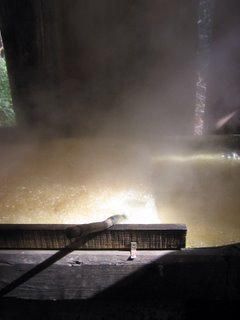
Over the Thanksgiving holiday I went with my father and little brother to visit a cane mill on the northern edge of Jones County. It's been in the same family for a couple generations at least, in various incarnations. The man who operates it now recieved the trade from his father, who recieved it from his uncle. He squeezes and cooks sugar cane, which is grown on a small-scale basis around here (sorghum replaces sugar cane in most of the country; we are near the northern limit of sugar cane here in Jones County), making molasses which they then sell to local folks.
The mill itself is a venerable piece of equipment, of unknown age. It squeezes the juices out, which are caught in a basin, which has a gravity feed pipe running down to the cooking vat, where the juice is cooked and comes out as molasses. That's the basic process: not complicated, and the machinery involved is decidely low-tech. The owner does the cooking, while a number of men from around Jones County help in the other details. I got to help feed the cane mill, a task made a little harder this year thanks to Hurricane Katrina bending all the sugar cane stalks over into arches.
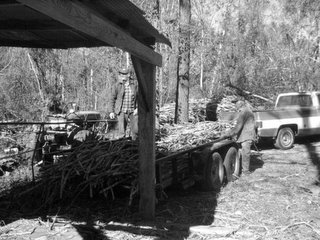 There were two trailer loads of sugar cane to milled. The hurricane didn't manage to destroy the crop this year, just make them a little trickier to feed into the mill.
There were two trailer loads of sugar cane to milled. The hurricane didn't manage to destroy the crop this year, just make them a little trickier to feed into the mill.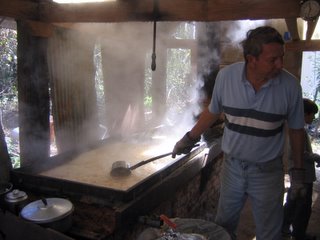 Cooking the cane juice. The vat is a home-made operation; the insulation along the joints is river clay.
Cooking the cane juice. The vat is a home-made operation; the insulation along the joints is river clay.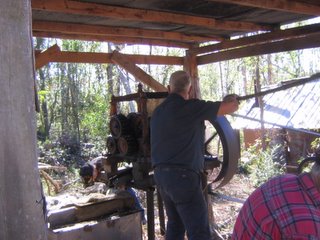 Feeding the mill.
Feeding the mill.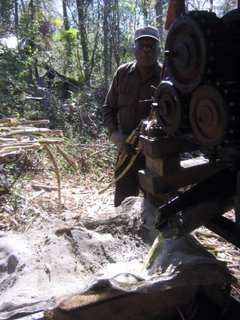 The juice flows over into the tank, then down the hill to the vat.
The juice flows over into the tank, then down the hill to the vat. Resting from the day's labour.
Resting from the day's labour.